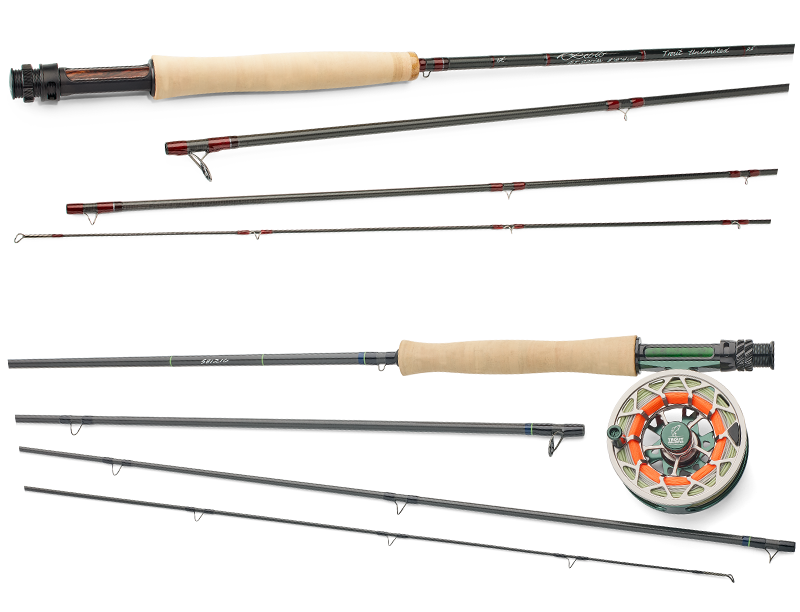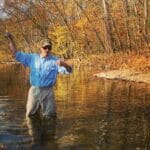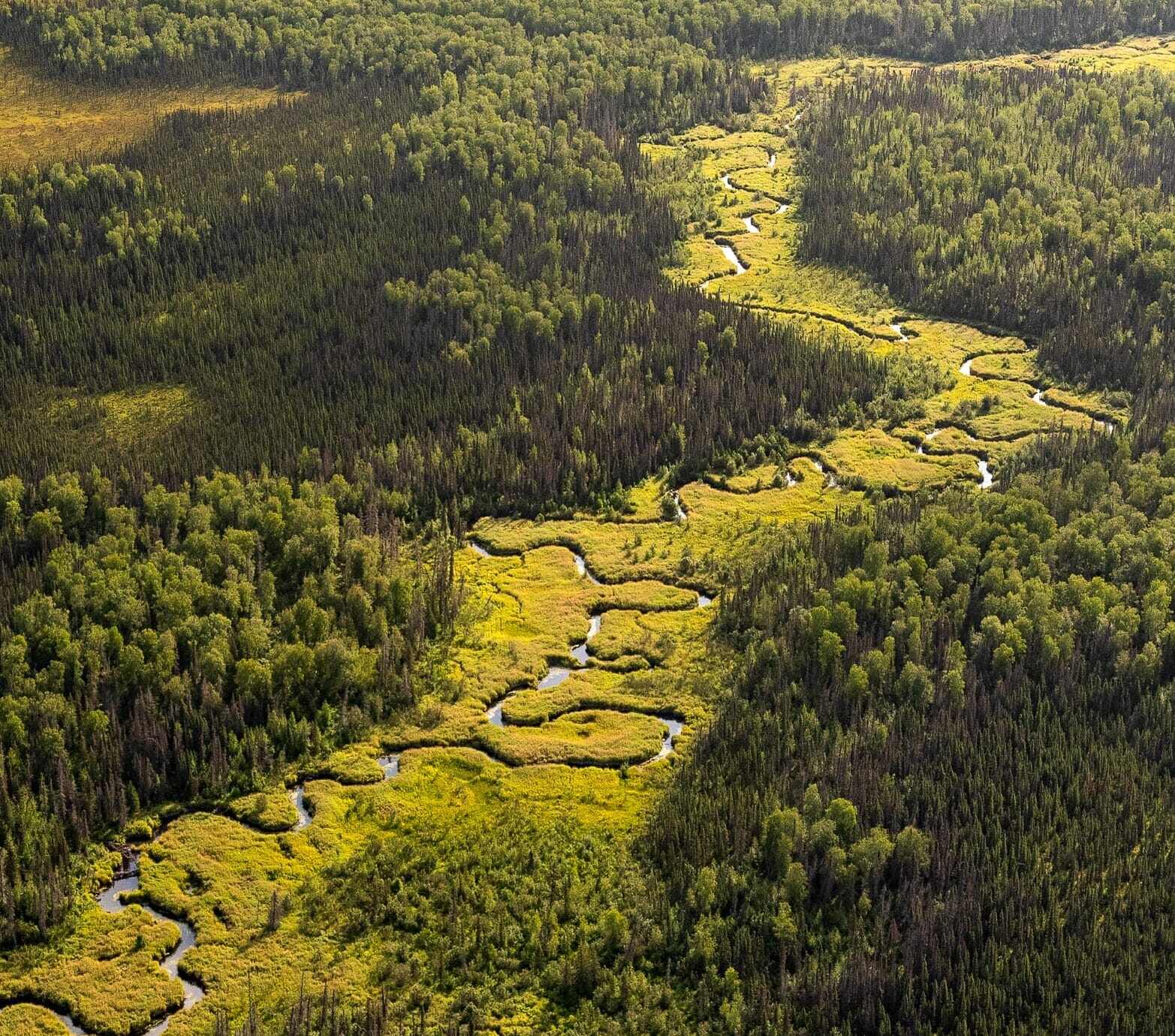Our public lands are the foundation of healthy watersheds and strong communities. From remote trout streams to working forests and rangelands, these places provide clean water, vital trout habitat and public access for all Americans. But pressures like efforts to sell off and privatize public land threaten what makes them so valuable.
We are kicking off a series that highlights the people and places at the heart of these landscapes—and the practical, local perspectives keeping them accessible, productive and resilient for generations to come.
Not long ago, I awoke to the news of a late-night amendment that passed through a committee of the House of Representatives to allow for the sale or transfer of thousands of acres of public land in Nevada and Utah.
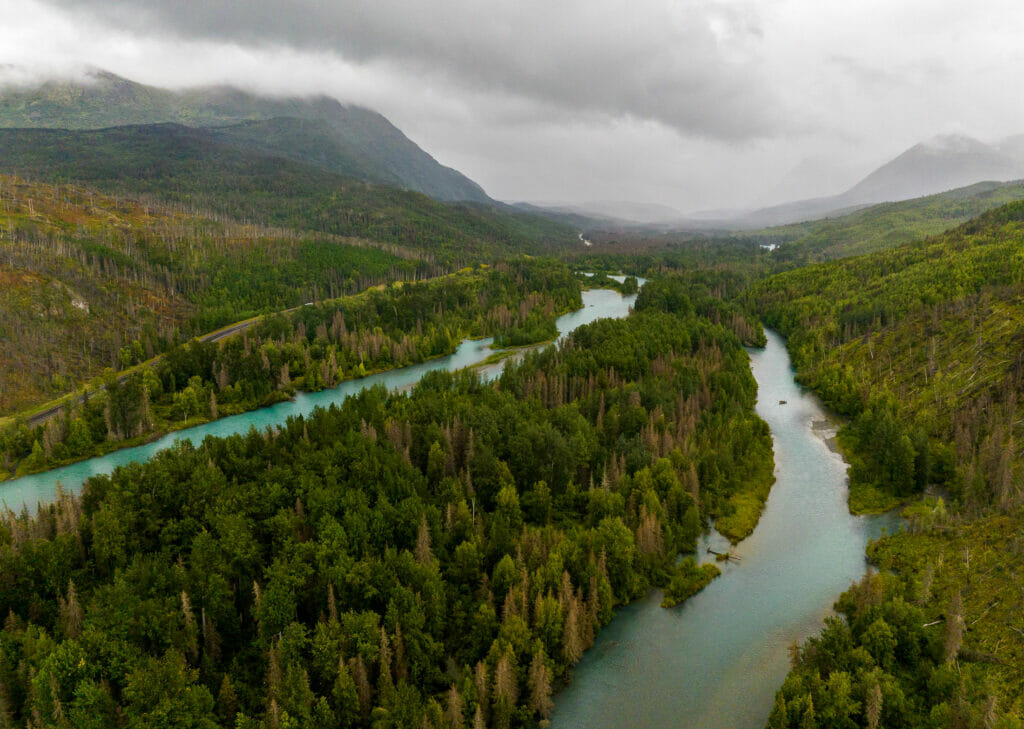
Like cicadas emerging from the earth every 15 or so years, these hare-brained ideas to sell or transfer public lands arise. Like cicadas, their proponents create a mess before eventually crawling back into the earth.
I discovered the wonder of America’s public lands when I was 25, having spent several years managing an ice-cream factory in New Jersey, and coaching at Saint Peter’s Prep in Jersey City, N.J.
After we won the state championship that year I decided to “look for America.” Setting out in my used Mercury Lynx with my beloved hound, Gus, we travelled fewer than 200 miles per day as we made our way west to California, travelling blue-line roads and camping on National Forest, Bureau of Land Management or National Park Service land.
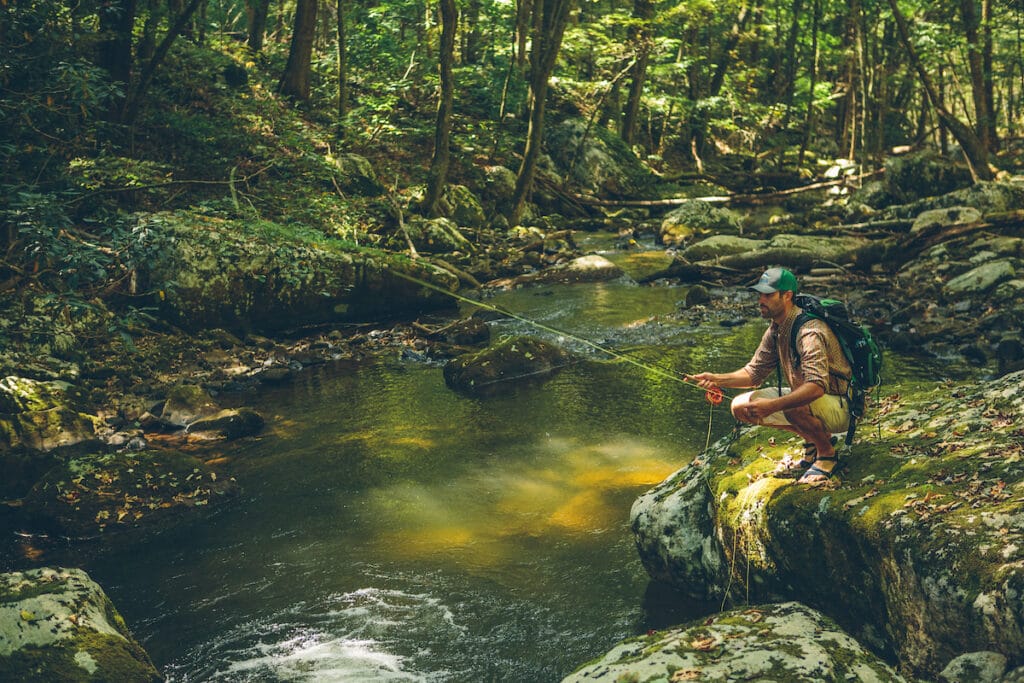
Public lands are the backyard of the little guy. Places where a kid from New Jersey can camp his way across America with his dog. Places where families who cannot afford to fly to fancy resorts can be together and find solace in nature. For most of us, public lands are the only lands we will ever “own.” If America sells or transfers our public lands to the highest bidder, these places will become the playground of the wealthy.
Public lands provide an abundance of multiple uses that help local communities and support the national interest. Timber, oil and gas, coal, forage for livestock, important archaeological sites, recreational access, are just a few of the many benefits that flow from our public lands.
When it comes to trout and salmon, the value of public lands—especially public lands without roads—cannot be overstated. Consider:
- Over 50 percent of blue-ribbon trout streams in America flow across public lands.
- Public lands provide access and opportunity to 70 million American hunters and anglers.
- 70 percent of remaining habitat for all native trout in the Rockies are found on public lands.
In recent years, the push has been to “return” public lands to the states. This is a fallacious idea. At no time did Western public lands belong to the states. They were acquired through treaty, conquest or purchase by the federal government acting on behalf of all the citizens of the United States.
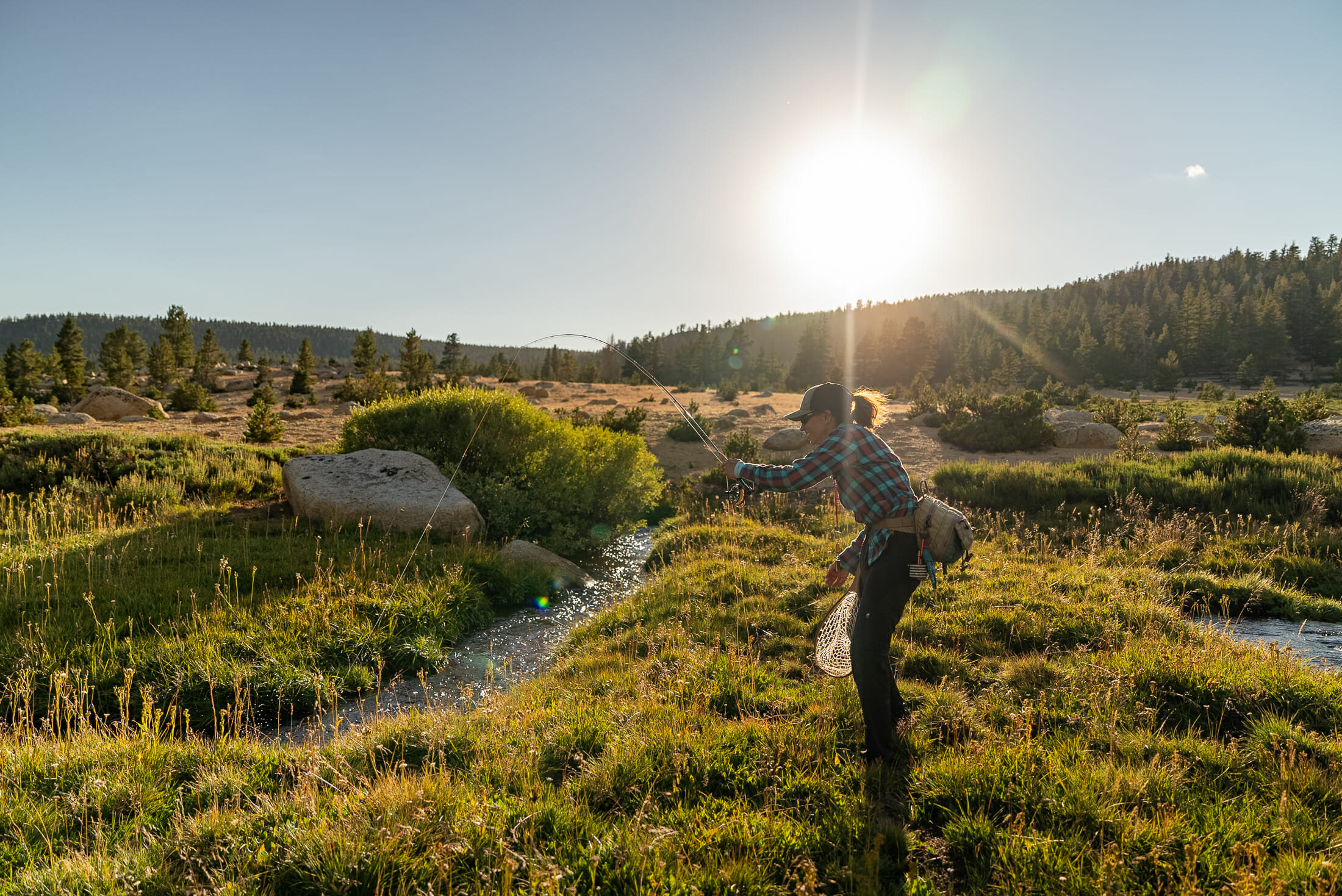
It is also a bad idea for keeping public lands public. Western states have historically sold their public lands—Utah has sold 55 percent of its state trust lands; Nevada 99 percent; and Colorado 38 percent. We should expect nothing different if public lands are managed by the states.
Public lands are the anvil upon which the character of our nation was hammered as we made our way west. They demonstrate we are not a desperate nation; having to scratch and claw every ounce of gold, suck every gallon of oil or turn every tree into a piece of lumber.
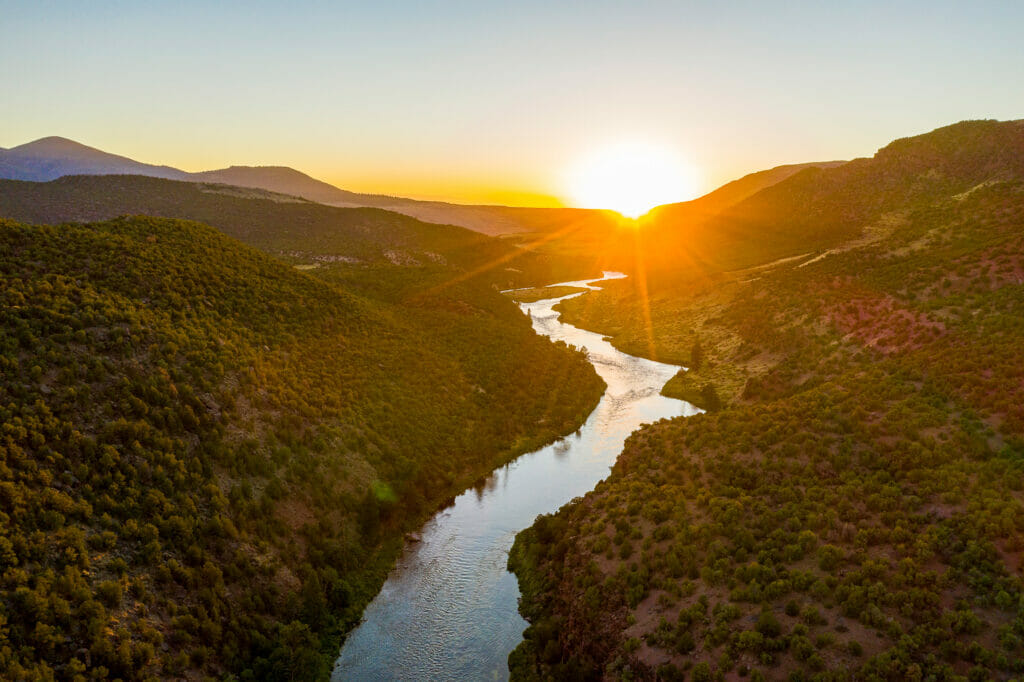
Public lands demonstrate the inherent optimism of America. They affirm that we believe in passing on a healthier land and water legacy to our kids than the one we inherited from our parents.
To intone Macbeth, Americans hear so much “sound and fury” from Washington, D.C., instinctively we become tone deaf to the noise. Cynical people are counting on our passivity.
Thanks to thousands of Trout Unlimited advocates and supporters, we won an important victory this week: the House of Representatives decided against the budget bill amendment that would sell off hundreds of thousands of acres of public lands in Utah and Nevada.
Public lands should always remain the backyard of the little guy. Thanks to our collective efforts, they remain so today.
But the fight is not over – we must continue to raise our voices to keep public lands in public hands.

